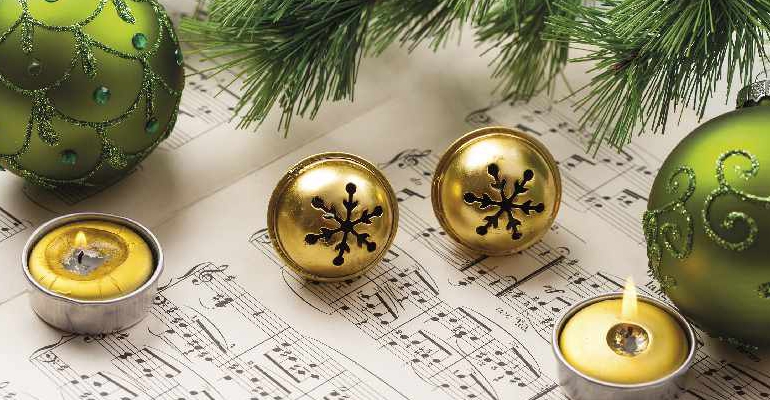
From sublime sacred worship to Paganism, Popery and dissent, Christmas carols have seen it all. Flo Whitaker takes us on a bumpy ride through their history
It’s a December evening in the 1960s. My grandmother and aunt are confronting a mountain of washing-up. Nanny begins to sing, trilling away in the upper register like a demented budgie. Auntie’s ponderous contralto joins in and soon we are all at it – singing familiar carols that are so ingrained in us that we cannot remember ever learning them. Sophie, the Labrador, yawns and quietly leaves the room.
She is our fiercest critic. “Hark the herald angels sing - Mrs Simpson stole our King!” holler the grownups. We children laugh – not understanding the reference, but somehow knowing it’s a bit naughty and disrespectful, which, of course, makes us giggle even more.
‘Carol’ comes from the old French; 'carole’, meaning to sing and/or dance in a circle. Earlier variants of the word can be found in Latin and Greek and the first Christmas songs were probably performed in 3rd or 4th century Italy. Nowadays we only associate carols with Christmas but this is not how they started out. A carol was a song of celebration and praise; for Christmas, naturally, but also for the great religious festivals of Easter and Whitsun. Other reasons for carolling would include harvest festival, triumph in battle, commemoration of a saint, or a royal marriage or birth.
Local saints once held great sway. The 7th century St Lewinna lived near Seaford. Confronted by the devil, brave Lewinna not only refused to renounce her faith, she also tweaked Satan’s nose! It was said that miracles occurred at her shrine on an almost daily basis and pilgrims visited in great numbers. The location of her shrine is speculative as her remains were stolen in the 11th century and spirited away to Flanders.
Such was her fame, Lewinna would surely have been commemorated in song, but it’s unlikely her carol would have been heard in church. With rare exceptions, carols were excluded from the liturgy. Latin was used for all church worship and only biblical text was permitted. The illiterate lower orders were required to attend services conducted in a language they couldn’t understand, hence the popular appeal of carols; good tunes, sung in their own vernacular.
Popular songs evolved in taverns and brothels, at fairs and markets or around the family hearth. In an illiterate age, news spread by word of mouth. Travelling merchants transported goods, stories, and songs. A West Country melody, (with lyrics adjusted to reflect regional topicality), might become a ‘traditional’ Yorkshire ballad. The well-known Sussex Carol probably originated in Ireland!
Carols weren’t confined by rigid church law and their words often strayed from biblical text. Even worse, carols could be subversive. Encoded in local slang or dialect, satirical wordplay might poke fun at an unpopular monarch or church official. Carols were dangerous, so the authorities banned them, but a few somehow managed to slip into the pews of respectability.
Manuscripts of early medieval carols frustratingly either show the words – or the music. The first known manuscript that gives both is attributed to Godrich, a Durham hermit from the 12th century. Before retiring from the world, Godrich had been a merchant seaman. He wrote three carols, including one dedicated to St Nicholas, the Patron Saint of Seafarers.
Franciscan monks brought the joyous ‘Angelus ad Virginem’ to Britain. The lyric dutifully follows the biblical account of the annunciation, so church authorities approved its use. It rushed up the charts of the 13th century hit parade and remains a popular favourite. Travelling Mystery Plays, with their vivid re-enactments of biblical stories, were highly popular at this time. What became known as ‘The Coventry Carol’ came from this genre.
Based on St Luke’s Gospel, ‘While Shepherds Watched’ is another rare carol that was officially sanctioned. It was sung across the British Isles – there are thought to be approximately 400 regional variations!
You may not recognise the name of the ‘Agincourt Carol’, but the tune is probably familiar as it’s often included in yuletide music compilations. “England! Give thanks to God for victory!” goes the stirring refrain. So, what’s a triumphant battle song of 1415 got to do with Christmas? Nothing, but it has all the attributes for a successful carol; a great story, a memorable and mid-pitched tune that is comfortable for most voices, plus a repeated line or chorus that everyone can join in with.
The Tudor period was a golden age for carols but the Puritan regime considered them dangerously Catholic, so carols were banned again – until Charles II returned from exile, whereupon carolling was enthusiastically re-adopted.
In Victorian times, mechanised printing made books cheaper and accessible to the middle classes. ‘Christmas Carols, Old and New’ had many reprints and flew off the shelves. In 1880, Bishop Benson of Truro organised a new-style Christmas Eve service, featuring nine lessons interspersed with carols. It was a great success, with local Methodist and Baptist congregations joining in. Other churches quickly took up the idea. The first ‘Nine Lessons and Carols’ from Kings College, Cambridge took place in 1918.
Whether from the ancient past or modern-day pop culture, Christmas songs share similar themes of thanks, charity and hope, but only the best loved tunes survive the centuries. If St Lewinna had a carol, it’s now lost to us. Perhaps the chorus wasn’t sufficiently catchy? We’ll never know, but one thing is certain; there will always be community sing-songs. I’ll give the last words to Noddy Holder and Jim Lea, composers of that fine 20th century wassail; “Merry Christmas, Everybody.”
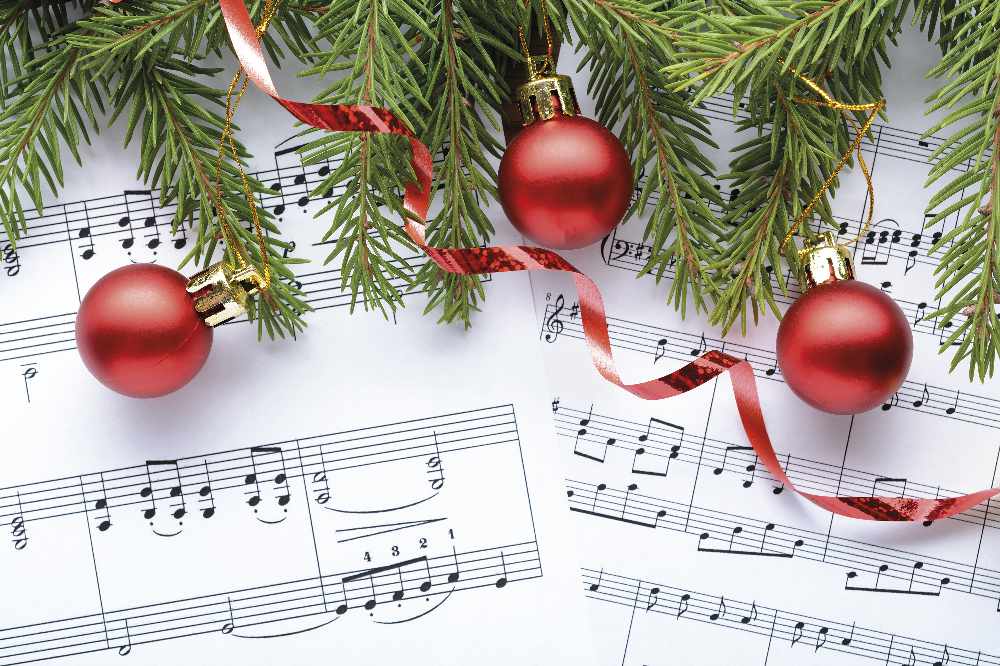

 What to Watch in April 2024
What to Watch in April 2024
 If You Ask Me: The Jobsworth and the Frog
If You Ask Me: The Jobsworth and the Frog
 What to Watch in March 2024
What to Watch in March 2024
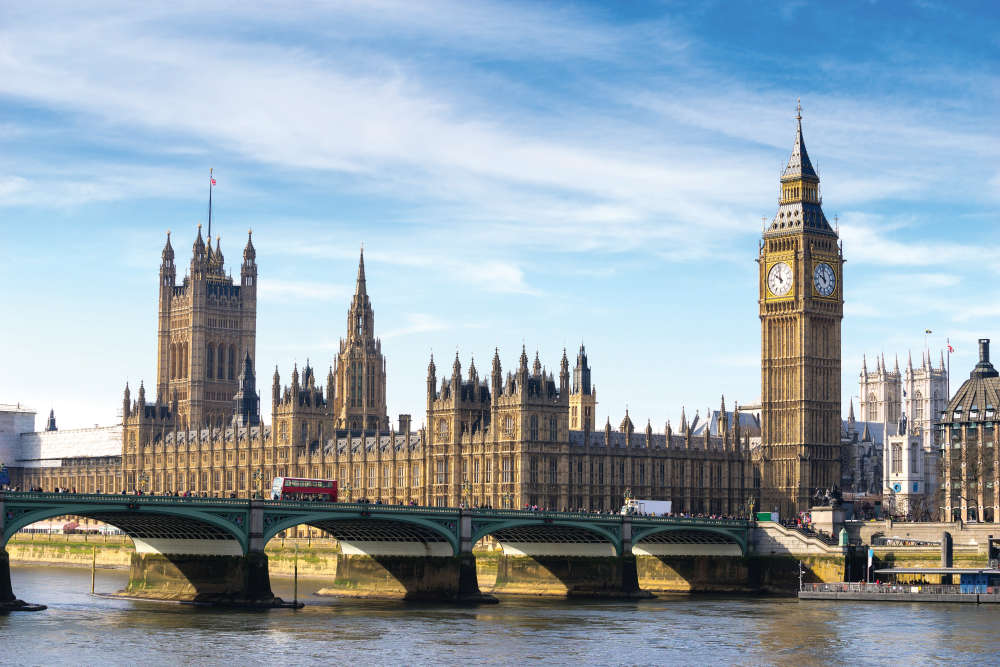 If You Ask Me... Politicians need a Translator
If You Ask Me... Politicians need a Translator
 Dark Skies Festival 2024: Where & When to Gaze at the Stars
Dark Skies Festival 2024: Where & When to Gaze at the Stars
 Be Well, Move Happy: Walking & Silence
Be Well, Move Happy: Walking & Silence
 Special Interest Holidays: Try Something Different
Special Interest Holidays: Try Something Different
 If You Ask Me... Who needs Television anyway?
If You Ask Me... Who needs Television anyway?
 5 Ways to Cultivate Mindfulness
5 Ways to Cultivate Mindfulness
 Love Local Community Campaign
Love Local Community Campaign
 Summer Activity Ideas To Entertain You and the Kids
Summer Activity Ideas To Entertain You and the Kids
 Summer School - Part 2
Summer School - Part 2
 The Ultimate Act of Love: Providing for Your Family's Future with a Will
The Ultimate Act of Love: Providing for Your Family's Future with a Will
 Five of the best anti aging facial exercises
Five of the best anti aging facial exercises
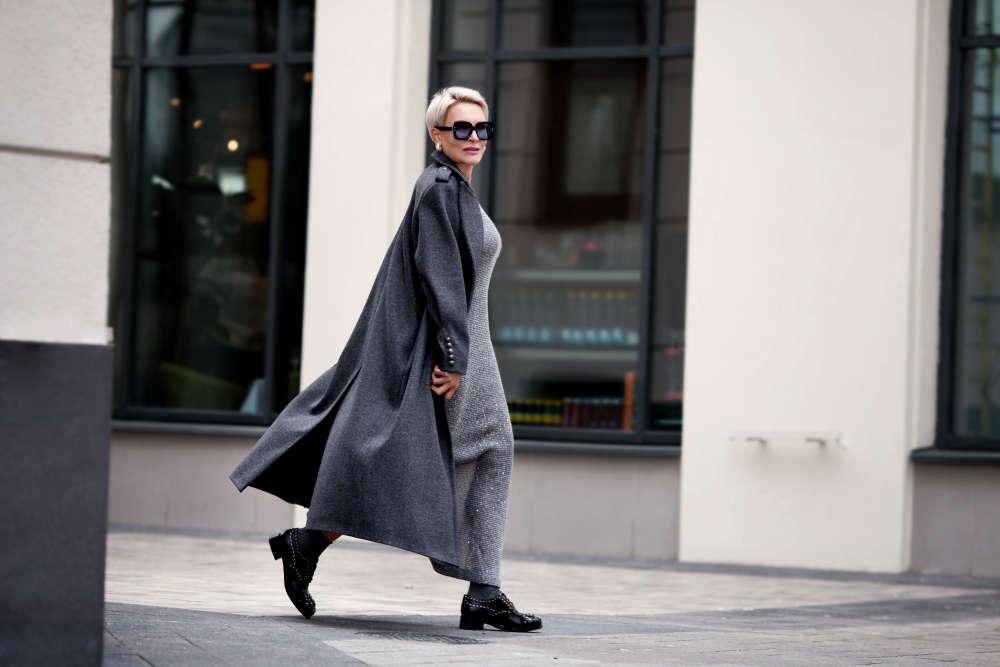 Five Essential Fashion Classics For the Mature Woman
Five Essential Fashion Classics For the Mature Woman
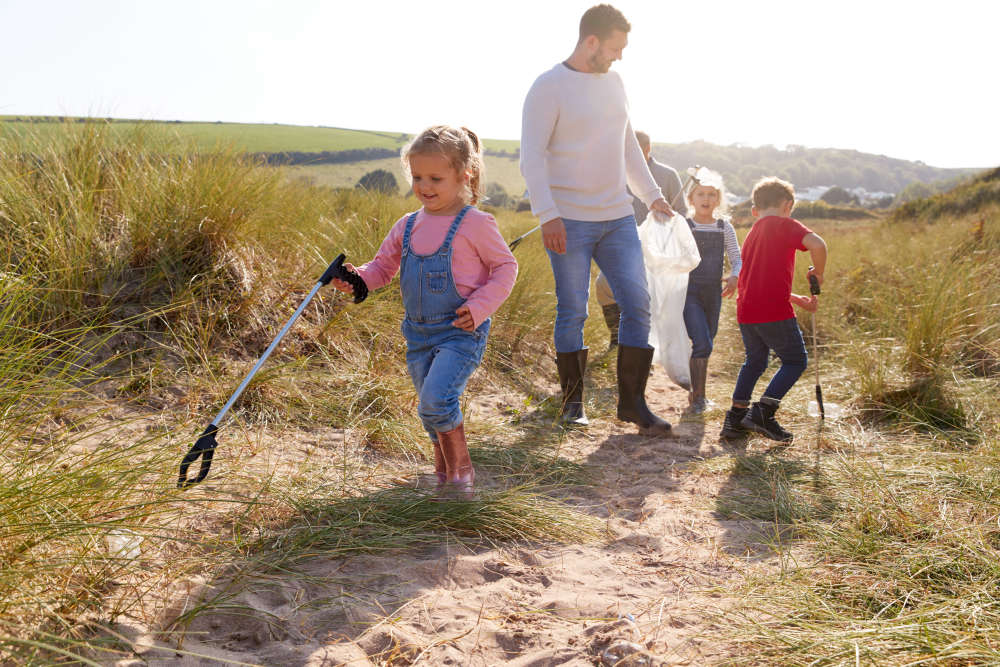 Get your children involved in litter picking this Summer holidays
Get your children involved in litter picking this Summer holidays
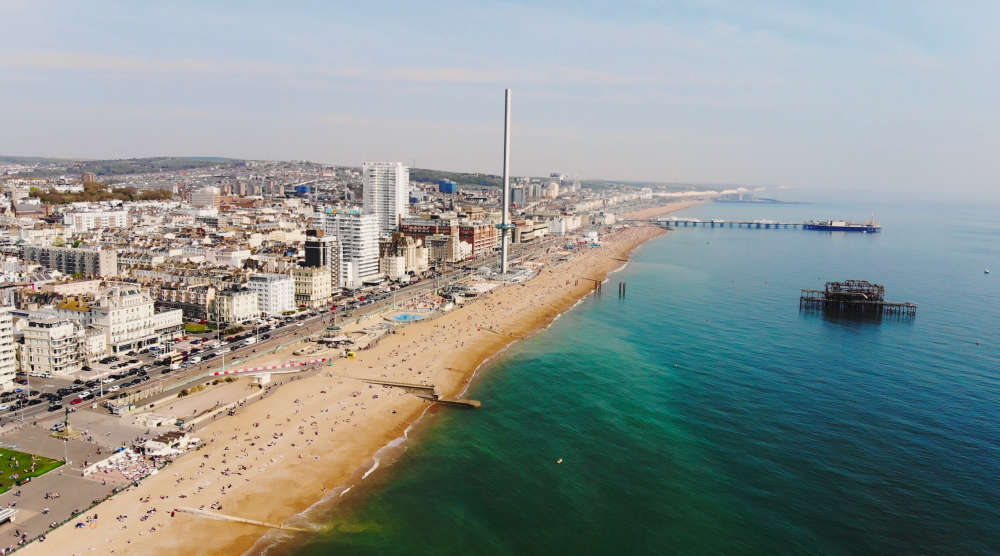 So you think you know Brighton’s history?
So you think you know Brighton’s history?
 Five Early Summer Reads to Enjoy in the Sunshine
Five Early Summer Reads to Enjoy in the Sunshine
 A basic guide to insurance by Lisa De Silva
A basic guide to insurance by Lisa De Silva
 6 ways to improve your golf game in Sussex
6 ways to improve your golf game in Sussex